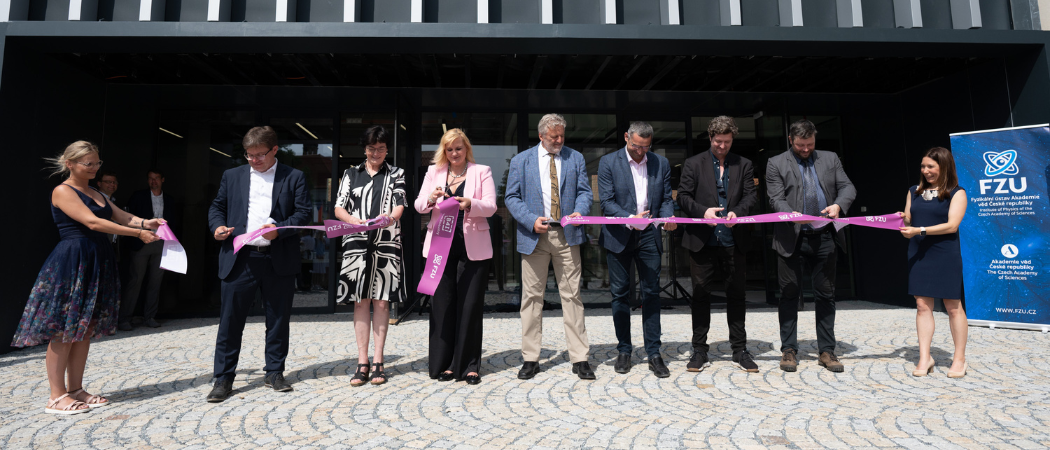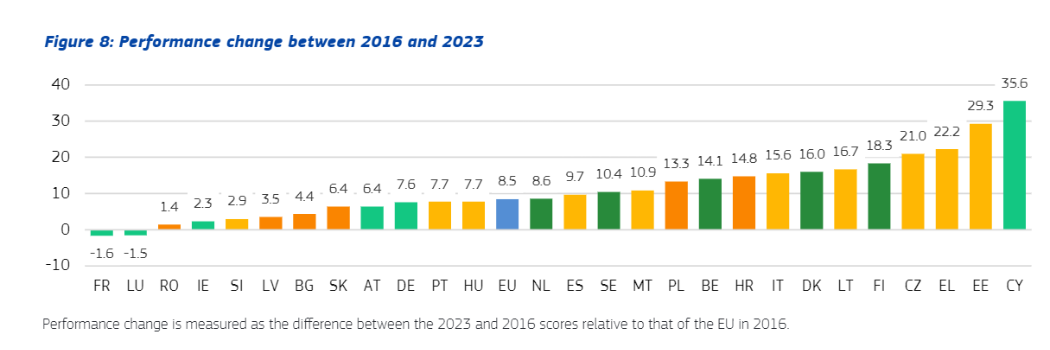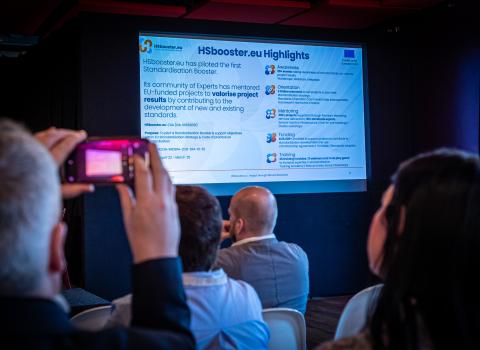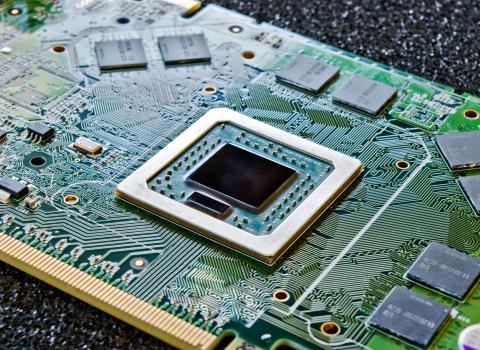The centre hosts 3D printing technology and will support SMEs to modernise their systems and processes and to develop and test new products

The opening of the new Brains4Industry Innovation Centre. Photo: Institute of Physics of the Czech Academy of Sciences (FZU)
An innovation centre specialising in 3D printing technologies and related materials has opened just outside Prague, with the goal of connecting science and industry and supporting SMEs.
The Brain4Industry (B4I) Innovation Centre has been formed by the Institute of Physics of the Czech Academy of Sciences with support from the B4I consortium, made up of several other Czech partners and founded in 2020.
The centre will help SMEs design new business models and develop new products to support their growth. One aspect of it is a “test before invest” approach, allowing prototypes to be trialled before any decisions are made on commercialisation strategy.
“Having a centre like B4I that bridges the gap between science and businesses is crucial for Czechia,” said Alexandr Dejneka, chair of the B4I steering committee and head of the division of optics at the Institute of Physics.
“It plays an important role in fostering collaboration and knowledge transfer between research institutions and SMEs. It also contributes to the overall innovation ecosystem of the country, promoting economic growth, sustainability, and the application of scientific knowledge.”
The centre adds to what is becoming a hub. Its location in Dolní Břežany, just outside Prague, means it is close to research institutes such as ELI Beamlines, an international laser research centre and part of an EU research infrastructure, the Hilase laser technology centre and the Biotechnology and Biomedicine Centre of the Academy of Sciences and Charles University (Biocev).
More broadly, Czechia is making headway in improving its innovation performance. It has the most improved score between the 2022 and 2023 European Innovation Scoreboard, and the fourth most improved since 2016, behind Cyprus, Estonia and Greece.
It is now ranked just shy of the EU average innovation score, making it one of the most successful among Widening countries, whose research and innovation ecosystems are less developed than other European nations.

In addition to advanced 3D printing, the B4I Innovation Centre will be working on the development of related materials, such as new metals, alloys, polymers and composites. This technology could be relevant to industries including car manufacturing, defence, aerospace, health and energy.
Andrej Chrzanowski, director of B4I innovation centre, said the goal is to help SMEs “enhance their competitiveness, productivity, and sustainability through the application of modern technologies and scientific knowledge.” It will provide an important resource, given SMEs account for more than two thirds of the added value in the Czech economy, he said.
“If the Czech economy is to be a leader in the future in terms of economic results and high productivity development within the EU, but also globally, it is necessary to have an environment that supports the development of new companies and their products,” said Chrzanowski. “Applied research and development plays a key role in this sense: it is necessary that we learn to sell the results of science and research effectively.”





 A unique international forum for public research organisations and companies to connect their external engagement with strategic interests around their R&D system.
A unique international forum for public research organisations and companies to connect their external engagement with strategic interests around their R&D system.